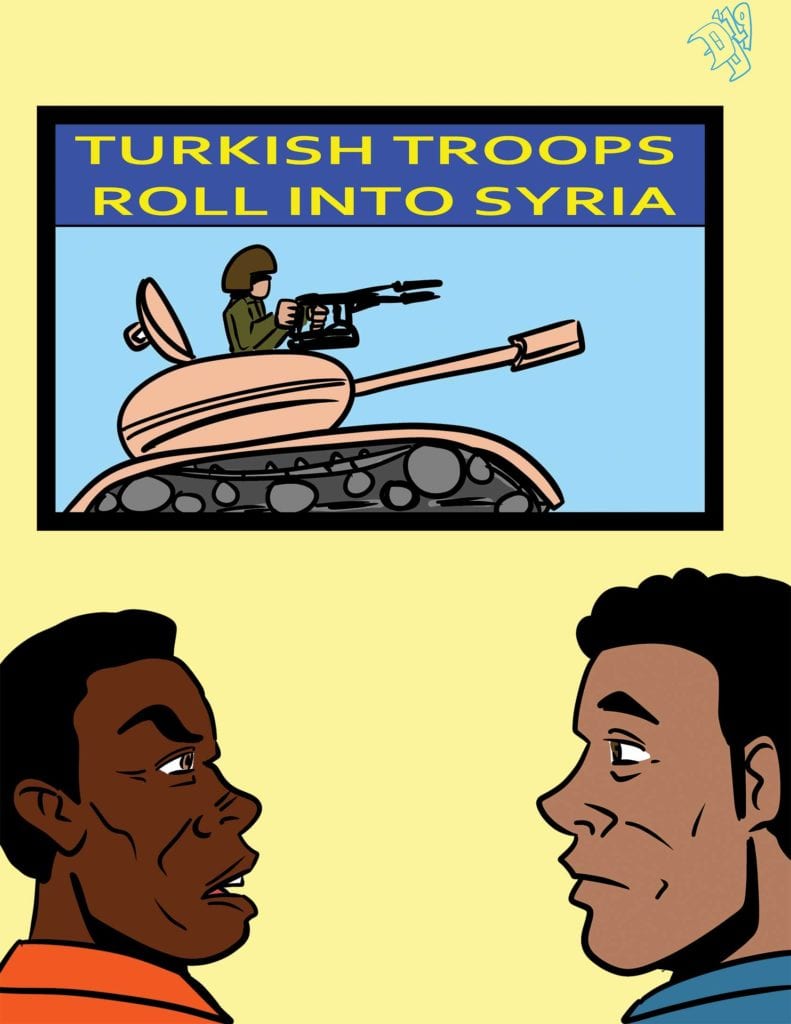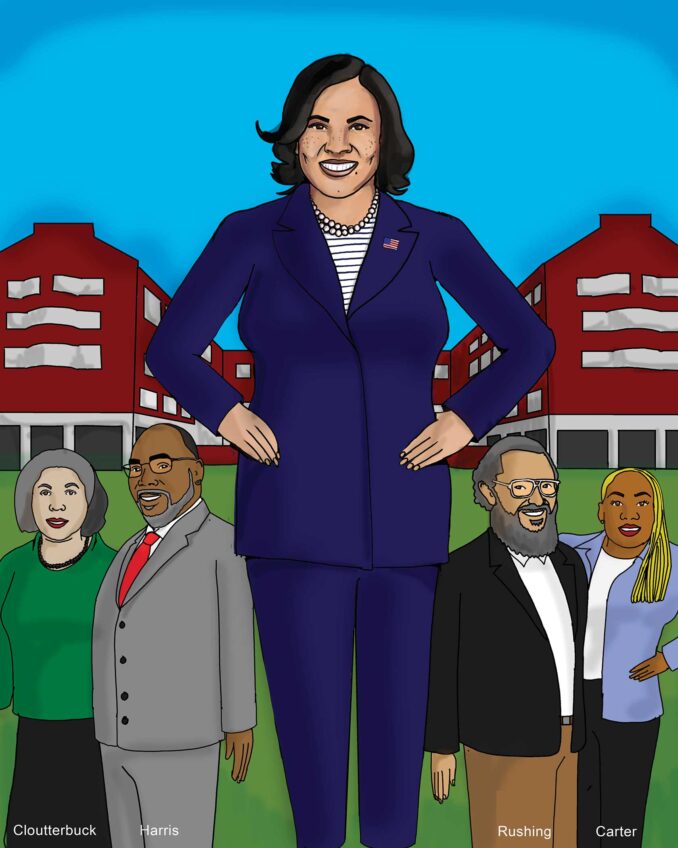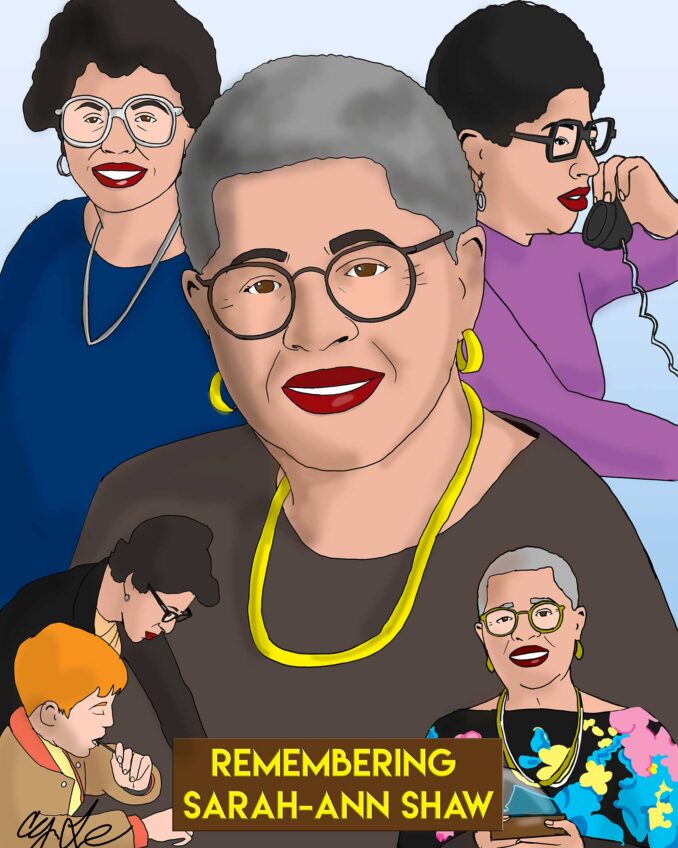
Very few Americans know anything at all about the Kurds, but the press has informed us that they are allies we have shamefully abandoned. According to reports, the Kurds lost 11,000 men in the fight to defeat ISIS. Then Donald Trump willfully removed the U.S. forces that prevented the Turkish army from attacking the Kurds. It seems that humans have a proclivity to attack anyone who is not a member of their own group.
Americans will undoubtedly assert that they are not subject to this congenital affliction. Most people believe that such behavior is uncivilized. But strangely enough, there were two reports that raised similar questions about the appropriate behavior of the police in America.
In one case, a white policeman named Aaron Dean in Fort Worth, Texas was called to a house to check on the occupants and he shot to death Atatiana Jefferson, a black woman, as she sat quietly at home. There was no prior gunfire or disruptive behavior that could have possibly alarmed a normal person.
During this same time period, another former police officer, Robert Olsen of Decatur, Georgia, was acquitted of murder for a case that had been in the courts for several years. In 2015, Olsen shot to death Anthony Hill, a 27-year-old black Air Force veteran, as he was walking around naked outside in an apartment complex. Olsen was responding to 911 calls. It was later learned from others that Hill had a bipolar disorder that explains his strange behavior. The verdict did not end the court case for Olsen but it removed the possibility of life in prison.
It is inconceivable that a naked, visibly unarmed person could reasonably conceal a weapon that would terrorize an armed police officer. And what is the latent terror provoked by a young woman, sitting in her house playing videogames with her nephew? Many of the fatal shootings of blacks by the police cannot be reasonably characterized as self-defense incidents. What then is the psychological impetus for the police violence?
Black militants would undoubtedly complain that racism was the reason for these police attacks on blacks, but common sense suggests that the reasons could be much more profound. Perhaps racists are unwilling to share with others the “unalienable Rights … [to] Life, Liberty and the pursuit of Happiness” as promised in the Declaration of Independence.
While that suggestion might seem farfetched, consider the circumstances of the Kurds. Today they are essentially stateless. There is no place where the Kurds have autonomy or independence except for a province in Iraq. In the 12th century, the greatest Kurd of them all, Saladin, was born in Tikrit, Iraq. He conquered Egypt in 1171 and Syria in 1182, where he held court in Damascus and Aleppo.
Today, Kurdistan is divided between four states: Iran, Turkey, Syria and Iraq. Turkey’s request for a 20-mile border zone indicates that the Kurds are not always welcome. There is little respect for the Kurds even though Saladin captured Jerusalem during the Crusades, and became a great hero.
One wonders what induces some whites to assault blacks violently even though there is not apparent provocation. Why would whites turn out for a lynching party? The simple assertion of racism does not answer the question. Conflicts stretching back centuries in the past have influenced the status of the Kurds in the Middle East, but there is little history of black violence against whites in America.
Is there simply a human trait to attack others who are different, that induces the Syrians and Turks to attack the Kurds?






